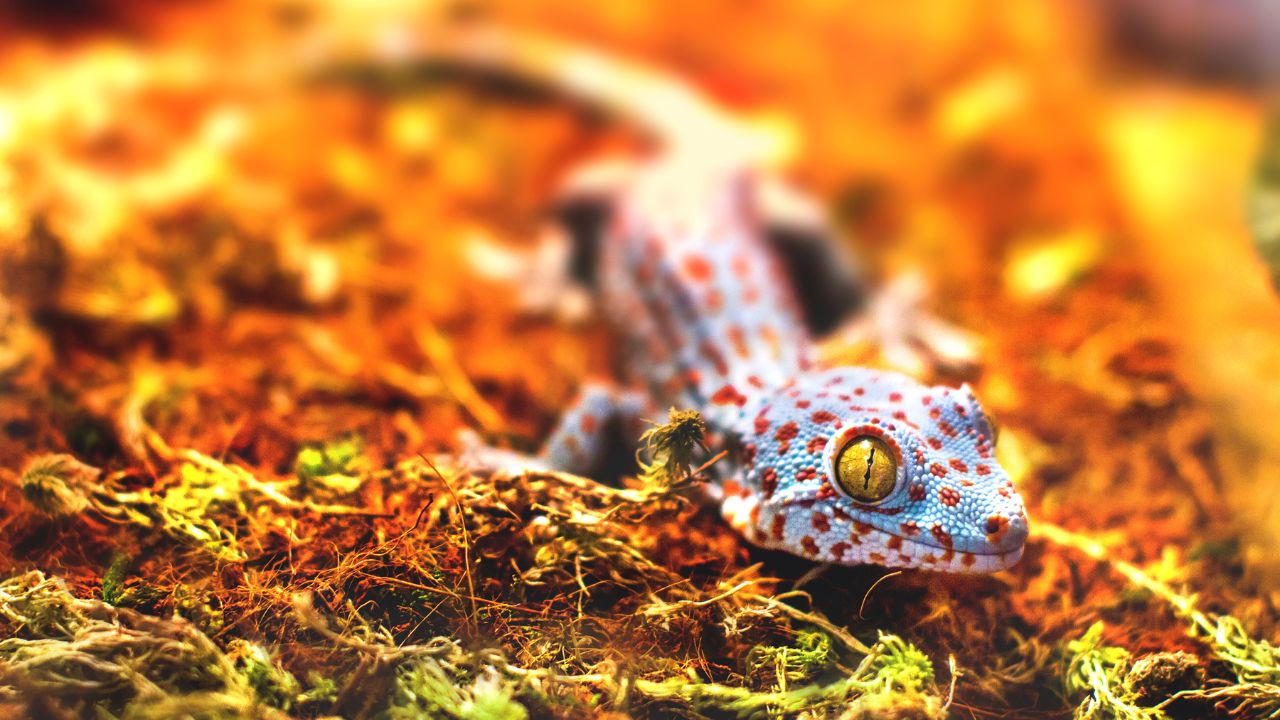Whether exotic animals should be kept as pets is a longstanding and multifaceted issue. It intertwines concerns about animal welfare, legal implications, environmental impacts, and ethical considerations. In this blog post, we’ll delve into the various aspects of exotic pet ownership, the pros and cons of keeping exotic animals as pets, and provide a balanced perspective on this controversial subject.
Table of Contents
What are Exotic Pets?

Exotic pets are animals that are not traditionally domesticated. This category includes a wide range of species, from birds like parrots to reptiles like snakes and mammals like ferrets and sugar gliders. The definition can vary based on legal frameworks and cultural perceptions.
Also Read: Do Owning Exotic Animals Make Good Pets?
Exotic Pets: A Status Symbol to a Controversial Choice
Historically, owning exotic animals has been seen as a status symbol. Ancient Egyptian pharaohs kept lions, while European royalty flaunted their wealth and power through the menageries of rare exotic animals.
However, as society’s understanding of animal welfare and environmental conservation has evolved, so has the view of keeping exotic animals as pets.
Legal Considerations
The legality of owning exotic pets varies drastically. In some regions, it’s strictly controlled or outright banned; in others, it merely requires obtaining the appropriate permits. This legal patchwork complicates the issue, as what is permissible in one area might be illegal in another.
Also Read: Exotic Pet Laws By State in the United States
Pros and Cons of Keeping Exotic Animals as Pets
Pros of Keeping Exotic Pets
- Unique Companionship: For many, the appeal of exotic pets lies in their unique nature. These pets offer a distinctive companionship that is different from traditional pets.
- Conservation Efforts: Some argue that breeding exotic animals in captivity can aid conservation efforts, particularly for endangered species.
- Educational Value: Learning about exotic species’ unique behaviors and care requirements.
Cons of Keeping Exotic Pets
- Ethical Concerns: The ethics of keeping a wild animal in a domestic environment is a significant point of contention. It raises questions about the impact on the animal’s welfare and psychological health.
- Safety Risks: Exotic pets, due to their inherent wild nature, can pose significant safety risks to their owners and the public.
Why is it Cruel to Keep Wild Animals as Pets?
Keeping wild animals as pets is often considered cruel for several reasons:
- Natural Behavior Suppression: Wild animals have instinctual behaviors and needs that are deeply ingrained. In captivity, especially in a domestic setting, they cannot fully express these natural behaviors. This suppression can lead to psychological stress and abnormal behavior.
- Inadequate Environments: Most private individuals lack the resources and knowledge to provide an environment that mimics a wild animal’s natural habitat. This can result in inadequate space, improper diet, and lack of environmental enrichment, leading to poor physical and mental health.
- Health Risks to the Animal: Wild animals often require specialized diets and care that are difficult to replicate in a domestic setting. Inappropriate care can lead to malnutrition, illness, and in some cases, premature death.
- Safety Risks: Wild animals, even when raised in captivity, can be unpredictable and may pose safety risks to their owners and others. Their natural behaviors, such as biting, scratching, or more aggressive actions, can be dangerous.
- Ethical Concerns: Many argue that it is unethical to remove wild animals from their natural environment or to breed them for life in captivity. This practice can disrupt local ecosystems and contribute to the decline of wild populations.
- Socialization and Loneliness: Many wild species are highly social and live in groups or packs in their natural habitat. Isolation in a domestic setting can lead to loneliness and mental distress.
- Propagation of Illegal Wildlife Trade: The demand for exotic pets often fuels the illegal wildlife trade, which is a major factor in the decline of many species worldwide. This trade is often cruel in itself, with animals being captured and transported in inhumane conditions.
Keeping wild animals as pets is generally considered cruel due to the significant physical and psychological harm it can cause the animals, coupled with ethical and conservation issues. It’s crucial to prioritize the well-being of these animals and acknowledge that their needs are best met in their natural habitats or, when necessary, in specialized sanctuaries or rehabilitation centers.
Environmental and Ecological Impact
The impact of keeping exotic pets extends beyond individual welfare concerns. There’s a significant environmental and ecological aspect to consider, especially when these pets escape or are released into non-native environments, becoming invasive species that threaten local ecosystems.
Animal Welfare and Ethics
The central argument against keeping exotic pets revolves around the idea that many of these animals have specialized needs that are difficult to meet in a domestic setting and can lead to physical and psychological problems for the animals, raising severe animal welfare concerns.
Alternatives to Exotic Pet Ownership
For those fascinated by exotic animals, there are alternatives to ownership that can be equally fulfilling. Engaging with wildlife through sanctuaries, zoos, and digital platforms can offer a connection with these animals without the complexities and ethical dilemmas of ownership.
Case Studies and Real-Life Examples
Examining case studies, such as the Zanesville, Ohio incident, where dozens of exotic animals were released, offers valuable insights into the potential consequences of exotic pet ownership. These real-life examples highlight the complexities and unforeseen challenges that can arise.
Conclusion
In conclusion, whether exotic animals should be kept as pets is a complex answer. It is a complex issue that requires a thoughtful and nuanced approach. While the allure of exotic pets is undeniable, potential owners must consider the legal, ethical, environmental, and welfare implications before deciding to bring an exotic animal into their home.






